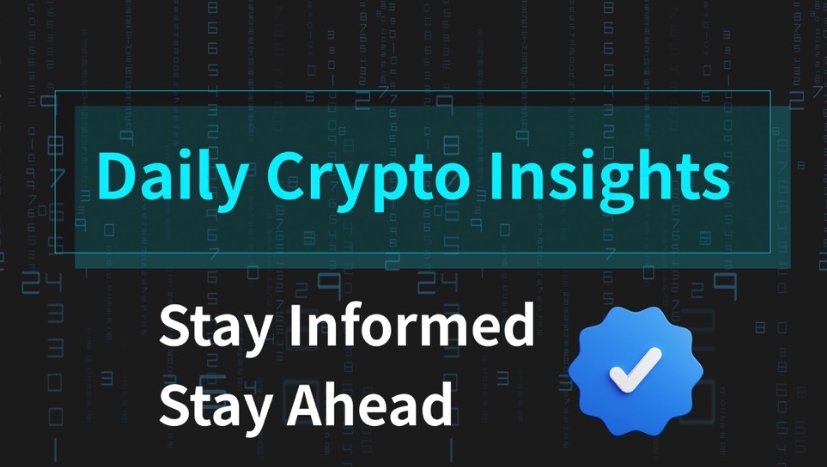Nigeria's 5G push fuels digital surge and divides
- Nigeria’s internet usage hit 1.131 million terabytes in July 2025, driven by 4G/5G expansion and rising demand for streaming, remote work, and e-commerce. - Major operators like MTN and Airtel boosted connectivity, while TikTok, YouTube, and Netflix dominated data traffic, reflecting shifting digital habits. - Fintech growth and global streaming access boosted Nigeria’s digital economy, but cybersecurity risks and rural-urban divides persist amid uneven infrastructure progress. - 5G rollout and governmen
Nigeria’s internet usage soared to a record 1.131 million terabytes in July 2025, reflecting the country’s digital transformation and increasing reliance on online services. According to data from the Nigerian Communications Commission (NCC), this figure represents a sharp increase from the 1.044 million terabytes recorded in June, highlighting the growing demand for high-speed connectivity driven by remote work, e-commerce, and digital entertainment [1]. The spike in internet consumption is attributed to the expansion of 4G and 5G networks by major mobile operators, including MTN, Airtel, Glo, and T2, which have enhanced access to the internet across the country. As of July 2025, mobile subscriptions in Nigeria surpassed 169 million, with a teledensity of 78.11%, indicating the nation’s strong connectivity growth [1].
The rise in data consumption is largely fueled by the popularity of online streaming and social media. Platforms such as Netflix , YouTube, and TikTok have become integral to how Nigerians engage with digital content, with video streaming accounting for a significant portion of data traffic. The NCC reports that short-form video platforms like TikTok are particularly popular among younger users, contributing to the country’s evolving digital culture [1]. Additionally, the shift to remote work and online education since the onset of the pandemic has further increased internet demand. Collaboration tools like Zoom and Microsoft Teams are now widely used across businesses and educational institutions, necessitating robust connectivity for seamless operations [1].
Major telecom operators are playing a pivotal role in Nigeria’s digital transformation. MTN Nigeria, the largest mobile operator, reported over 80 million active internet users in July 2025, while Airtel Nigeria has invested heavily in 5G infrastructure to meet rising demand. Glo and T2 have also expanded their networks to bridge the digital divide and improve access in underserved areas. T2, formerly 9mobile, recently reported its first subscriber gain in 20 months, adding 290,601 users in July 2025. This growth coincides with a rebranding initiative and a roaming agreement with MTN, allowing T2 users to access MTN’s network nationwide [4]. In contrast, other operators like Airtel and MTN experienced subscriber losses, reflecting industry-wide challenges related to tariff adjustments and subscriber audits [4].
The increased internet usage has had a significant economic impact, particularly in Nigeria’s digital economy. Fintech companies like Opay and Moniepoint are capitalizing on the growth in internet access, with online transactions surging as more users adopt digital financial services. Additionally, the creative industry, including Nollywood and Afrobeats, has benefited from the expansion of global streaming platforms. Artists are now able to reach international audiences through services like Spotify and YouTube, boosting the visibility and economic potential of Nigeria’s entertainment sector [1].
Despite these advancements, challenges remain. Network quality and cybersecurity concerns have emerged as pressing issues. With more users online, the risk of cybercrimes such as phishing and data breaches has increased. The NCC has emphasized the need for improved infrastructure and regulatory oversight to ensure a secure and efficient digital environment. Furthermore, the digital divide persists, with urban areas consuming significantly more data than rural regions. While the NCC has initiated efforts to expand broadband infrastructure in rural areas, progress remains uneven [1].
Looking ahead, Nigeria’s digital ecosystem is poised for further growth as 5G networks continue to roll out. Startups and tech hubs in Lagos are leveraging the increasing internet user base to develop innovative solutions in sectors such as healthtech and agritech. The government’s focus on expanding internet access through initiatives like Internet Exchange Points (IXPs) is also expected to reduce costs and improve connection speeds. As Nigeria’s digital landscape continues to evolve, the role of the NCC in monitoring industry trends and ensuring fair practices will remain essential in fostering a sustainable and inclusive digital economy [1]. [2]

Disclaimer: The content of this article solely reflects the author's opinion and does not represent the platform in any capacity. This article is not intended to serve as a reference for making investment decisions.
You may also like
PayAI surpasses PING! x402 ecosystem value anchor shifts
The "doer" PayAI breaks through.

Pump.fun Repurchase Exceeds $150 Million Mark

AiCoin Daily Report (October 27)